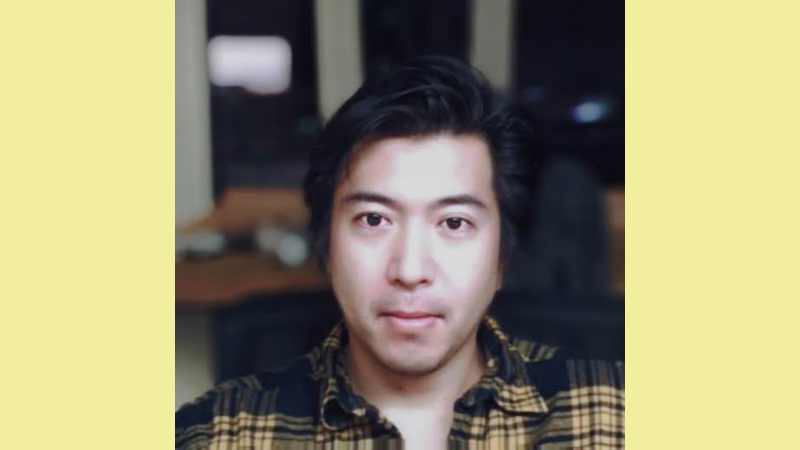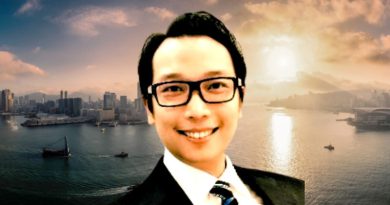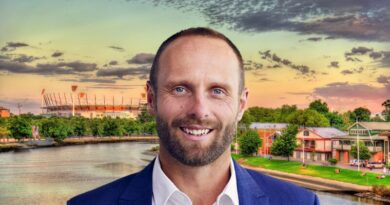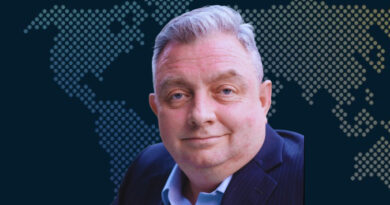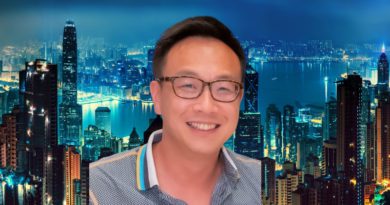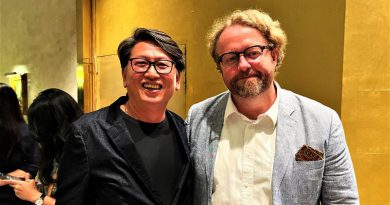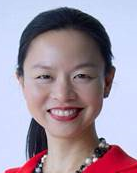Shinya Deguchi of Star Magnolia: “We build long-term relationships with our managers”
Shinya Deguchi is the Founder of Star Magnolia Capital, a multi-family office in Hong Kong. He left his native Japan to study in the US where he also started his career. Prior to setting up Star Magnolia, Shinya was Director of Research at Cook Pine Capital in Greenwich, Connecticut. Hedge Funds Club’s Stefan Nilsson talked with Shinya about the evolution of the family office industry, the current investment focus of wealthy families, their biggest concerns and much more.
You founded Star Magnolia Capital almost a decade ago. Since then, the Asian family office space has exploded with many new entrants. Will we see continued growth in the number of firms offering multi-family office services or is it now more of a “law of the jungle” situation where we will see consolidation and survival of the fittest?
We have a high conviction that Asia’s family office landscape will continue to develop and there will be different types of players emerging. We have already started seeing institutionalisation of the multifamily offices, including Outsourced Chief Investment Office (OCIO) businesses, which provide services to both institutional investors and sophisticated family offices because the traditional multifamily office cannot meet the demand of the large family offices. They need institutional quality services. Cambridge Associates is clearly the leading player, but also someone like VS Partners is ready to help Asian families. It is difficult to define multifamily offices because there are many different types. There will be small multifamily offices like ours which work closely with a small number of families and provide limited services. On the other hand, there will be large multifamily offices that provide a wide range of services to many different families. Since each family has different needs and preferences, there is no one-size-fits-all solution.
What kind of investments are your clients most interested in now when we are almost two years into a global pandemic that has had a major impact on many investments?
Our families have been focusing on fundamentally-driven long-term and concentrated investment strategies in both private and public markets through our managers. We call it an endowment approach. Given our long-term focus (10-20 years), we haven’t changed our investment approach and process a lot. In many cases, our investment decisions are driven not by the top-down thesis but by the bottom-up process. If we meet young-and-hungry talents with whom we can build a multi-decade relationship, we would like to invest with them regardless of his or her focus area. Having said this, we have been working on several new areas, including food-and-agricultural businesses (private), German buyouts (private), infrastructure enterprise software (private and public), small Nordic companies (public), biotech (private and public), among others. It’s important to listen to our families and understand what they are interested in, but we are not adding value if we only introduce opportunities in the area our families have ready interests. Our responsibility is to identify long-term and unconventional investment opportunities our families often overlook and to communicate with them why these investment opportunities exist today.
What are your investors’ biggest concerns for their portfolios?
We are always worried about concentration. Here, I am not talking about the traditional definition of concentration, such as country, sector or size. We are worried if we are building up relationships only with similar mindset managers. We are also trying to build long-term relationships with our managers and rarely take profits from our managers. The recent market appreciation made the allocations to certain managers very large. Many venture capital and buyout managers are increasing their fund size very quickly. They are also deploying capital very quickly. Naturally, their fund size outgrows the opportunity set, forcing us to rethink our relationship with them. We want to build a multi-decade relationship, but the current fundraising cycle makes it difficult.
You do a lot of fund manager due diligence on behalf of your investors. How has that work changed during the past couple of years when it has been challenging to say the least to meet fund managers in person and to travel to visit their offices?
It is quite challenging. We appreciate our face-to-face meetings with our managers as we want to have that human touch. You won’t get married to someone you only meet over Zoom, will you? This is not our unique problem and, as a result, large funds get larger and larger. During the period, we were able to build relationships with managers in China and Southeast Asia where our teams are based and had relatively low exposures historically.
Do you think that the number of frauds in the investment management world has increased when people have been forced to make more use of technology to work remotely?
I am not sure if technology changed the global fraud landscape. In my experience, the number of fraudulent investment schemes increases after good market runs. It may not be a broad bull market, though. At the same time, types of fraudulent schemes change. In the 1990s and 2000s, a hedge fund was the perfect scheme to defraud unsophisticated investors. They knew hedge funds were profitable but didn’t know why they were profitable. In the mid-2010s, an ICO (initial coin offering) was a very lucrative way to defraud investors. Today, we see many questionable direct lending / private credit, litigation financing and venture capital schemes. Tools are different, but approaches are very similar. I think fraudulent activities will never disappear from the world with or without the adoption of technology to work remotely.
A few years ago, you co-founded Next Gen Investors Endowment (formerly known as the Generation Z Investment Club), an investment community focused on educating future generations of investors. Tell us about it!
We are taking an unconventional approach to attract the attention of young investors. In China, we are publishing the locally-adapted version of Investor Z, a million-seller investment comic book. China’s Gen Z loves reading webtoons and this really helps us to start investment discussions with the young generation. We also sponsor Next Gen Investors Endowment (“Next Gen Investors”), which is a non-profit initiative that aims to educate the next generation of long-term investors. We aim to help the next generation not only become financial literate but more importantly become responsible investors. We believe in the positive impact our members will bring to society when they become future leaders in the investment community and beyond. We recruit members globally each year and they are offered opportunities to meet with professional fund managers, manage their own endowment (my family sponsors $200k for members to manage), interact with like-minded peers, and travel to global financial hubs. We also provide university scholarships and bursaries to underprivileged students funded by the investment return of our members. To learn more about our investment education business, please visit www.genzgroup.org. The reason why my partner, Tiffany Liu, and I co-founded Next Gen Investors is that we know how important the topic of wealth succession is to families. We tell our managers that we have quasi-permanent capital. It’s not permanent capital because we don’t have full control over the next generation of our families. It is our responsibility that our next generation understands and appreciate our long-term approach and continue the way we manage portfolios. That’s why we think investment education is critical for our ecosystem’s sustainability. Lastly, we are managing the operations of Capital Allocators (www.capitalallocators.com) in China. Capital Allocators is an investor community originally started as a series of high-quality podcast interviews with CIOs and senior investment executives. I have been a devoted listener of the interviews led by the host and I am grateful to work on this project with Ted Seides.

